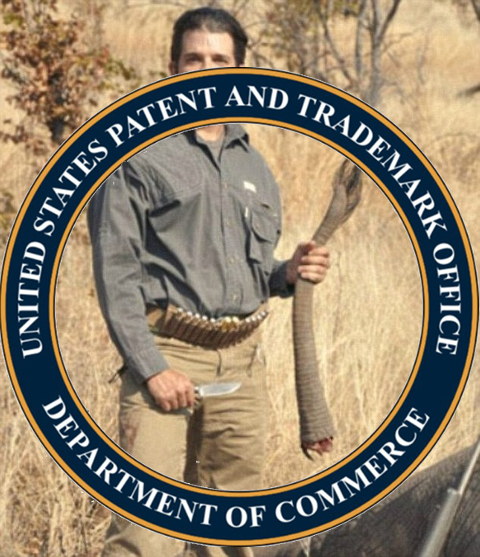Patent aggression encouraged by a nepotistic government that lacks empathy

Summary: Today's USPTO isn't the same USPTO which was managed by Michelle Lee and anti-PTAB groups (proponents of software patents) have begun profiling examiners based on their stance on abstract/software patents -- a form of neo-McCarthyism
THE USPTO, according to this, will be changing the 'packaging' of a monopoly. It does not address or tackle the real issues associated with some of them, e.g. monopolies on algorithms (software patents).
As a reminder that a patent maximalist is running the USPTO right now (they don't care about patent quality because they love and profit from lawsuits), here's
what IAM wrote some days ago regarding Iancu and his new deputy:
While it is one of the highest profile jobs in the US patent system, PTO deputy director can also serve as a springboard to the top role. Michelle Lee did a short stint as deputy before being confirmed as director in early 2015, while George W Bush appointee Jon Dudas was in the role for two years before taking over as director in 2004.
Time will tell where Iancu will steer the USPTO. We hope we were wrong and we hope that Iancu will shield if not advance patent reform (though we strongly doubt it). What the USPTO needs is a person who can assess the needs of the people and the needs of the industry, not a bunch of law firms. Michelle Lee did things which really upset law firms, hence she was bullied and constantly shamed by them.
There are USPTO or USPTO-centric meetings/webcasts on the way, e.g. [
1,
2,
3,
4]. Some of these are "free, open to the public, and will be webcast to include viewing sessions at USPTO regional offices in Dallas, Denver, Detroit, and San Jose."
We are guessing that these will be attended mostly if not only by patent maximalists looking for lobbying opportunities.
Anticipat,
in its fight for software patents and against Section 101, PTAB etc. (patent maximalism basically), now helps 'spy' on USPTO examiners. Two days ago it wrote
this:
Before we get too deep, a brief foundation is in order. A “reversal rate” for a particular ground of rejection is how often the Board overturns an Examiner’s rejection on appeal. A reversal rate can be used for a given Examiner, art unit, tech center or global USPTO levels.
[...]
Take Examiner Borissov above as it relates to Section 101 patent-ineligible subject matter. Having a wholly reversed rate of 50%, this Examiner has a much higher reversal rate than his art unit, which has a wholly reversed rate of 12%. If the Board is overturning the Examiner on this ground that much higher than his art unit, the Examiners Section 101 rejections may not be as sound.
[...]
While only Section 101 – patent-ineligible subject matter is shown, this breakdown is available for every ground of rejection.
We have already seen some ugly witch-hunts by patent maximalists against particular PTAB staff and USPTO examiners. Anticipat can only worsen such things. It's almost
ad hominem and it targets 'low-level' staff.
⬆

